• Asian markets open weak. Tokyo, Shanghai and Hong Kong are down. Commodities are again under pressure.
• US credit-worthiness is on slippery ground. In his bluntest warning to the US Congress over the deadlock over raising the US debt limit, President Barack Obama said a failure to lift the ceiling could lead to a worse financial crisis and an economic recession than 2008-09 if investors began doubting US credit-worthiness.Republican leaders have said they will agree to a raising of the debt limit along with steps to keep debt under control.A deal may not emerge for several months. The Treasury Department says it can stave off default until August 2 by drawing on other sources of money to pay its bills.
• Back home, the hike in petrol prices - by Rs 5 a litre from Sunday - will likely fuel inflation in the coming months. Petrol prices are now more expensive than aircraft turbine fuel (ATF), which is used to power planes! Owing to a skewed duty structure, ATF costs only Rs 60.56 a litre in New Delhi. A further price cut of Rs 1.8 was announced on Sunday. On the other hand, petrol costs Rs 63.37 a litre.
• Eight commonly-prescribed anti-cancer drugs will soon enter India’s National List of Essential Medicines. The entry assumes significance in the backdrop of a Supreme Court directive to the Union government, asking it to bring all NLEM drugs under price control. The medicines that would be enlisted in the revised NLEM include costly blood cancer drug Imatinib Mesylate, which is sold by Swiss multinational Novartis under the brand name Glivec. Other medicines in the list are Carboplatin, Daunorubicin, Filgrastim, Ifosfamide, Mesna, Oxaliplatin and Clorambucil, manufactured by leading companies such as Bristol Myers Squibb, GlaxoSmithKline, Amgen, Dr Reddys, Intas and Sun Pharma. Almost all these high value drugs are used in chemotherapy treatment for various types of cancers. With this revision 31 cancer drugs are included in NLEM list. Most high-cost cancer medicines are not available in retail medicine outlets, since companies sell them directly to patients. The market size of such drugs is hence, not estimated by medicine price tracking agencies such as ORG IMS.
• Reliance Infrastructure’s monopoly may be ending soon. The company, along with four other firms, are in the fray for Maharashtra Electricity Regulatory Commission (Merc) bids for a licence to supply power to Mumbai’s suburbs. The firms include Maharashtra State Electricity Distribution Company Ltd (MSEDCL), India Bulls Power, Lanco Infratech and Torrent Power, other than Reliance-Infra itself. Tata Power chose not to bid. R-Infra’s licence to supply power to 27 lakh consumers in suburbs ends in August and MERC had declined its appeal to automatically renew the licence citing there is no such provision in the Electricity Act, 2003. Reliance-Infra has been in the eye of the storm over the last few years following high power tariffs and is engaged in a pitched battle with Tata Power that has lured consumers with lower rates.
• Taking a lesson from the slow pick-up of Tata Nano, Bajaj Auto has steered away from its plans for an ultra low-cost (ULC) car. Bajaj Auto says it will launch a four-wheeler commercial vehicle in mid-2012 from the ULC platform, where once it planned to roll out a car with Franco-Japanese alliance Renault-Nissan. The vehicle is expected to be launched by the middle of 2012. In the smaller goods carrier space, other home-grown auto majors like Tata Motors and Mahindra & Mahindra are doing very well and the company is looking at that space.
• Kingfisher Airlines on Saturday averted a major showdown with the Mumbai International Airport (MIAL), which had threatened to ban its operations over a payment default, by clearing the dues towards airport charges. MIAL had earlier this month threatened to prevent Kingfisher Airlines from operating out of its premises from Saturday if the liquor baron Vijay Mallya-promoted carrier did not clear dues worth Rs 105.71 crore towards airport fees or opt for a cash-n-carry mode of payment.
• Suzlon posted a consolidated net profit of Rs 431.6 crore in the January-March quarter, as compared to a net loss of Rs 188.5 crore in the corresponding period last year. On a yearly basis, its net loss increased to Rs 1,103.4 crore in FY 11 from the previous financial year’s Rs 982.6 crore. The company officials have given a guidance of up to Rs 26,000 crore in 2011-12 from Rs 18,000 crore in 2010-11. The company has an order book of Rs 30,100 crore as of May 13 and will be concentrating on its established business areas in India, China, Brazil, South Africa and Latin American countries for achieving growth.


)




)
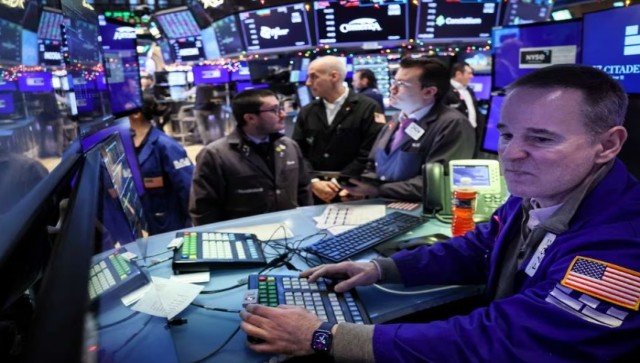)
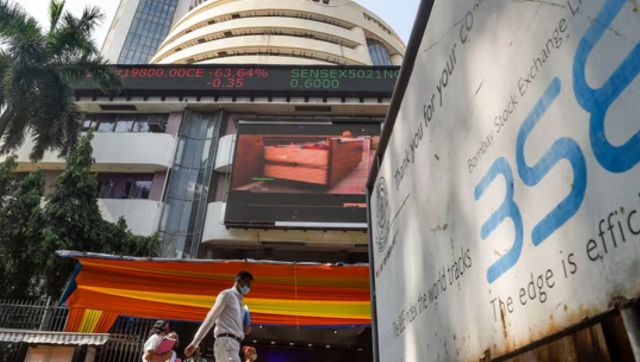)
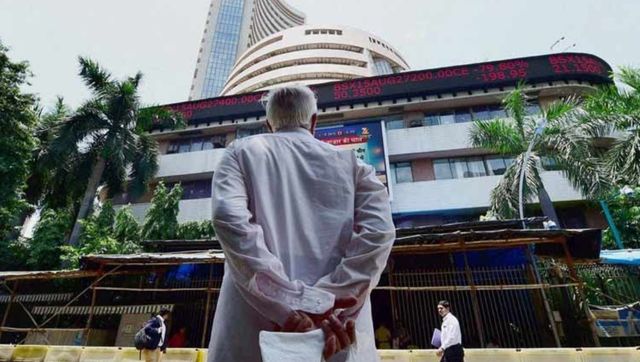)
)
)
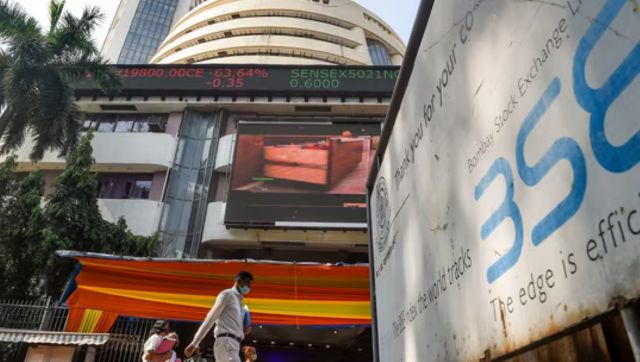)
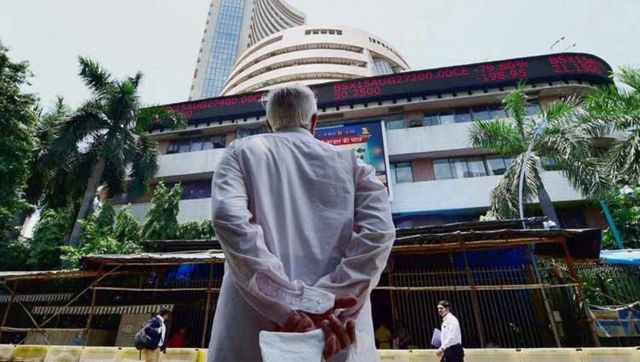)